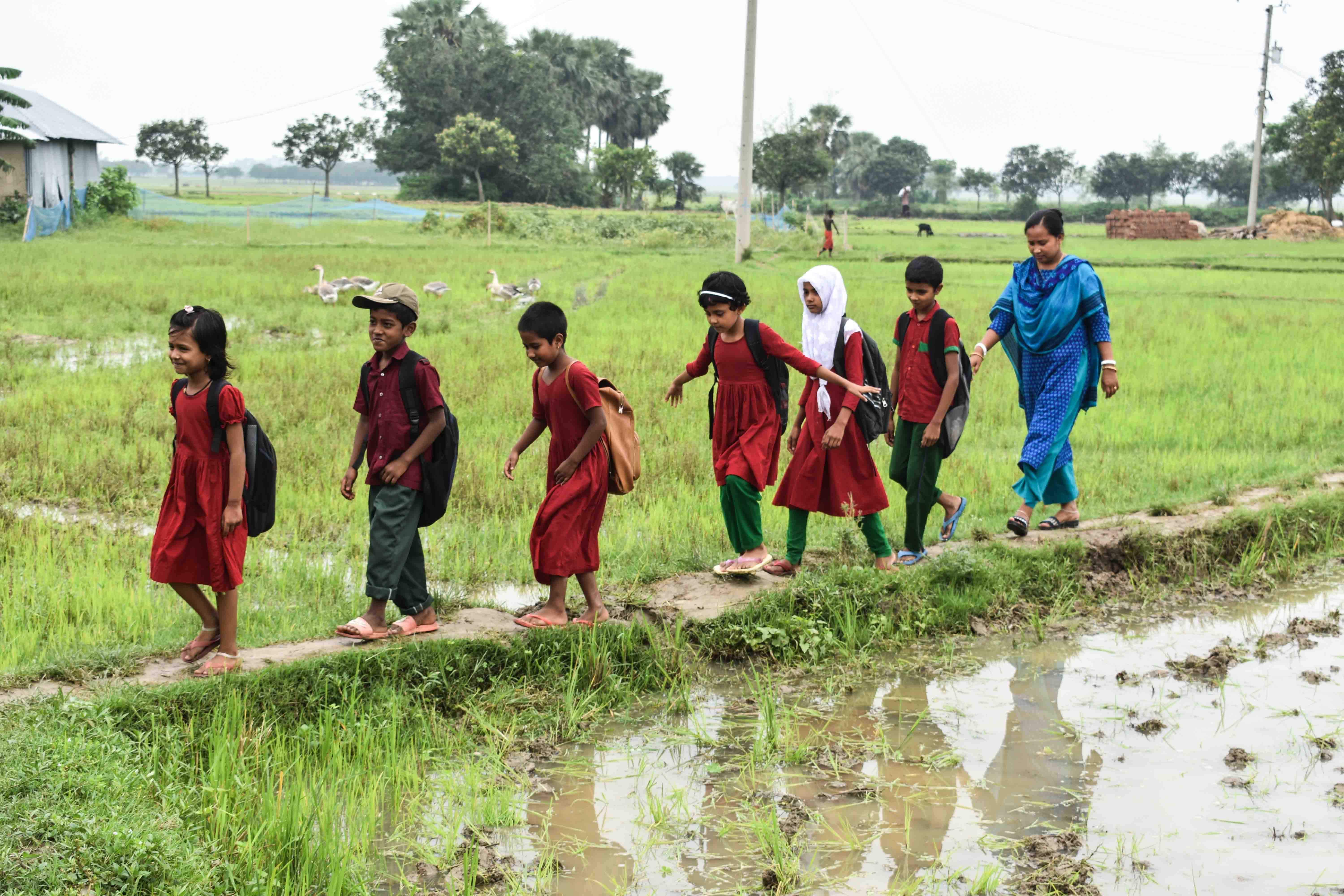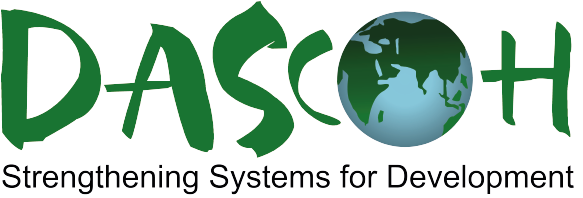Quality Education
Strategic Objective:
Equitable access and sustained enrolment of all to quality pre-primary, primary and secondary education
Preparing a child physically and mentally in early childhood is critical for their future education. In the remote areas, the dropout rates – especially among the poor, disadvantaged, ethnic and religious minority communities – are high or children are often not enrolled at all, severely hampering children’s access to quality education and therefore their chances for a self-determined life. Main reason is that these marginalized communities are often targets of economic exploitation, socio-economic and cultural discrimination, and human rights violations. Through our projects, we wish to improve the quality of education at the pre-primary, primary and secondary schools.
DASCOH focuses on completing quality education of at least secondary school for children from families living in ultra-poverty, ethnic and religious minorities, and children with special needs (physical or mental disabilities) from hard-to-reach and remote areas. Special focus is given to the promotion of girls’ education.
DASCOH enhances the capacity of teachers in quality education and supports them in its application at school. One of our major interventions is to form/reform and activate local school-level committees promoting linkages with the community. Engagement of the community, involving local government institutions and other local authorities are conducive in enabling a child-friendly learning environment, ensuring supportive supervision, monitoring, and local resources mobilization through regular consultative and participatory advocacy dialogue with them. Additional activities in our quality education projects are: facilitate the school learning improvement plan (SLIP), establish model education centres for ethnic minority children and advocate the proper implementation of the relevant Acts.
The success indicators we use in our quality education interventions relate to:
· Teachers’ and students’ attendance rates at schools
· The dropout rates
· Functional school level committees cooperating with teachers, LGIs and local education authorities.
· Students’ graduation rates from the supported schools.
Check Out Our Project







